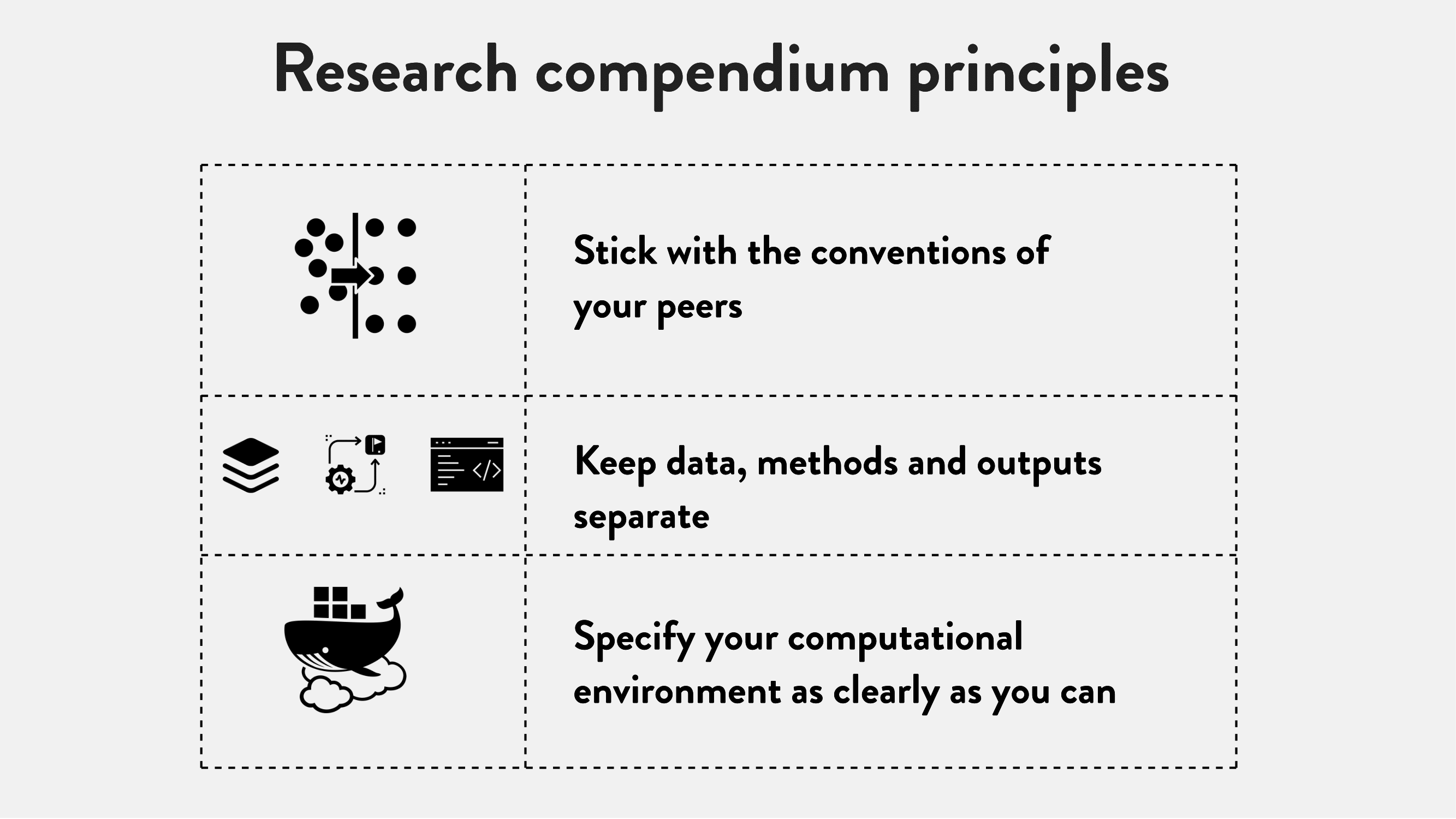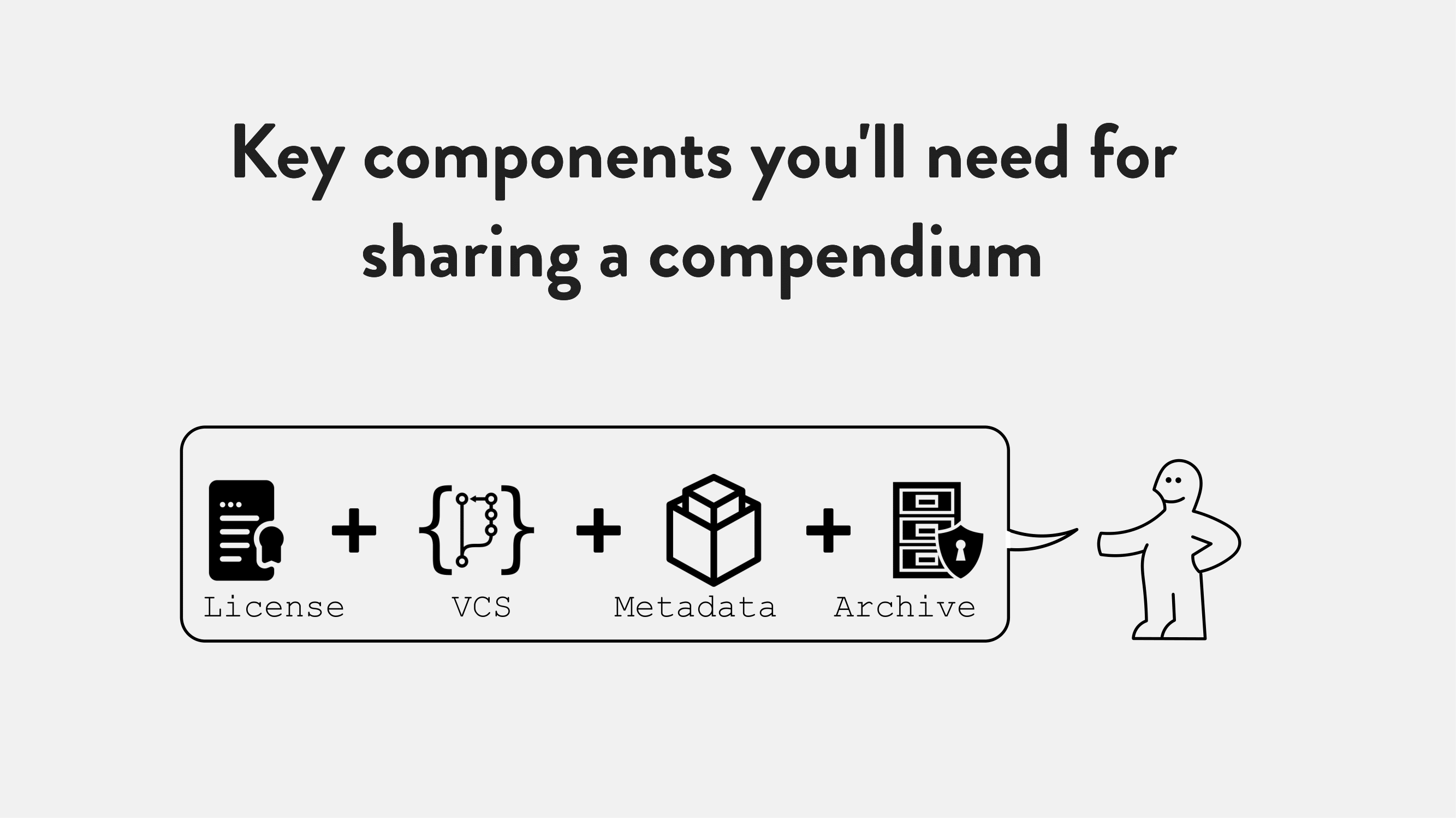About
Francisco Bischoff
on July 22, 2020
Abstract
Point-of-Care (POC) ECG monitoring works either as plot devices or alarms for abnormal cardiac rhythms using predefined normal trigger ranges. On the other hand, full 12-derivation ECG machines are complex to use as simple monitors. They are used with strict techniques for formal diagnostics of hearth electric conduction pathologies. The automatic diagnostics are derived from a full analysis of the 12-dimension data after it is fully collected. Both systems do not handle disconnected leads and patient’s motions, being strictly necessary to have a good and stable signal to allow proper diagnosis.
This research aims to identify abnormal hearth electric patterns using streaming data, specifically those who are life-threatening, being a reliable signal for Intensive Care Units to respond quickly to those situations.
The study design is comparable to a Diagnostic study, where high accuracy is essential. It will use the Physionet datasets1, and the algorithm will try to minimize the false negatives and false positives.
The expected result is the concretization of a new method that, besides being accurate, accomplishes this task using state-of-the-art technology for time series analysis that allows minimum space and processor power to solve this problem. Also, we expect that fading factors can contribute to this technology’s state of the art.
The research team is well experienced in time-series and has studied the Matrix Profile since its beginning, being founders of the Matrix Profile Foundation whose goal is to have a concise and stable cross-language API for developing with the Matrix Profile technology.2,3
About the ongoing project.
The document submitted for approval is here.
To follow the thesis timeline, you can access the full Gantt chart at Zenhub. Click here (you need a Github account, but that’s it).
Reproducible Research4
This thesis will follow the compendium principles:


Following Standards
Aiming to create secure materials that are FAIR findable, accessible, interoperable, reusable
Research Data Management
- RDM checklist5
- Anticipate data products as part of your thesis outputs
- Think about what technologies to use
Missing values are a fact of life
- Usually, the best solution is to leave blank
NAorNULLare also good options- NEVER use
0. Avoid numbers like-999 - Don’t make up your own code for missing values
Raw data are sacrosanct
- Don’t, not even with a barge pole, not for one second, touch or otherwise edit the raw data files. Do manipulations in script
Three principles for good (file) names
Machine readable
Regular expression and globbing friendly
- Avoid spaces, punctuation, accented characters, case sensitivity
Easy to compute on
Deliberate use of delimiters
Deliberate use of
"-"and"_"allows recovery of metadata from the filenames:"_"underscore used to delimit units of metadata I want to access later"-"hyphen used to delimit words, so our eyes don’t bleed
Human readable
- Borrowing the concept from slugs from semantic URLs
Play well with default ordering
Put something numeric first
Use the ISO 8601 standard for dates
Left pad other numbers with zeros
License
This work is licensed under a Creative Commons Attribution-NonCommercial-ShareAlike 4.0 International License.



